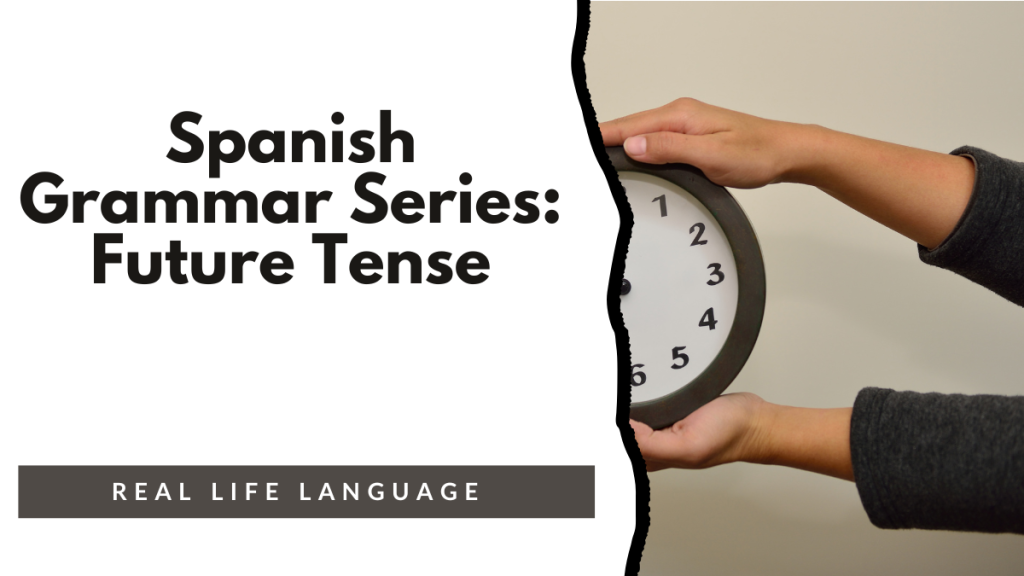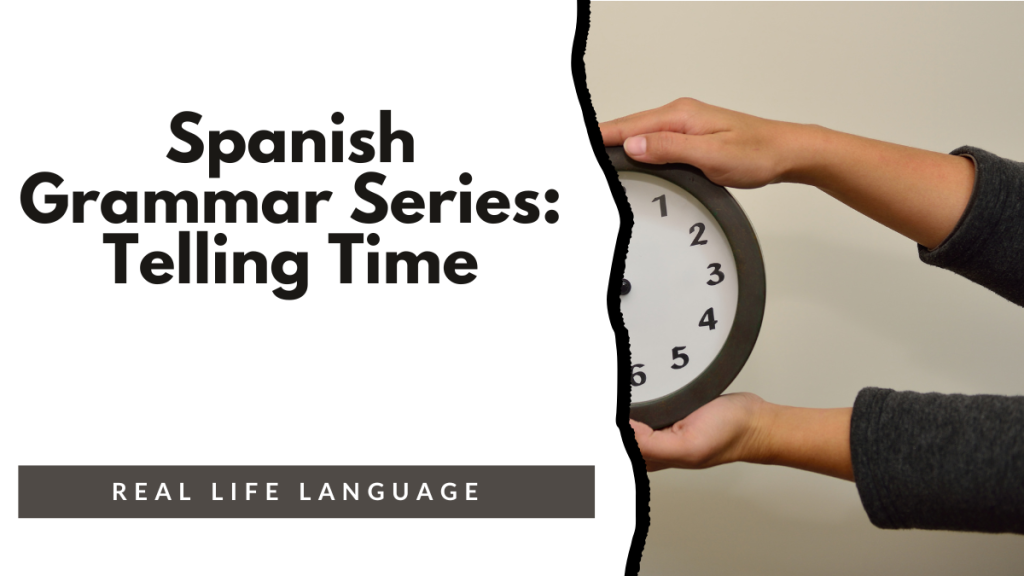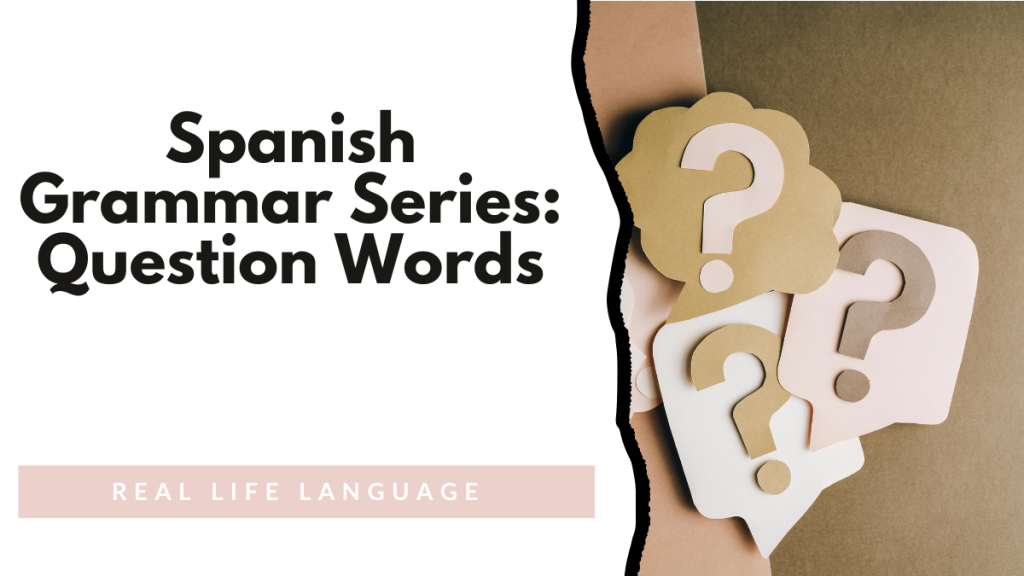The Imperfect Subjunctive (El Imperfecto del Subjuntivo)
Spanish Grammar Series(Also called “El Pretérito Imperfecto del Subjuntivo”) The imperfect subjunctive is used to talk about hypothetical, uncertain, or emotional actions in the past — or to express “if” situations that are not real. It’s the past form of the subjunctive mood, used when the main clause is in the past or the situation is contrary […]





